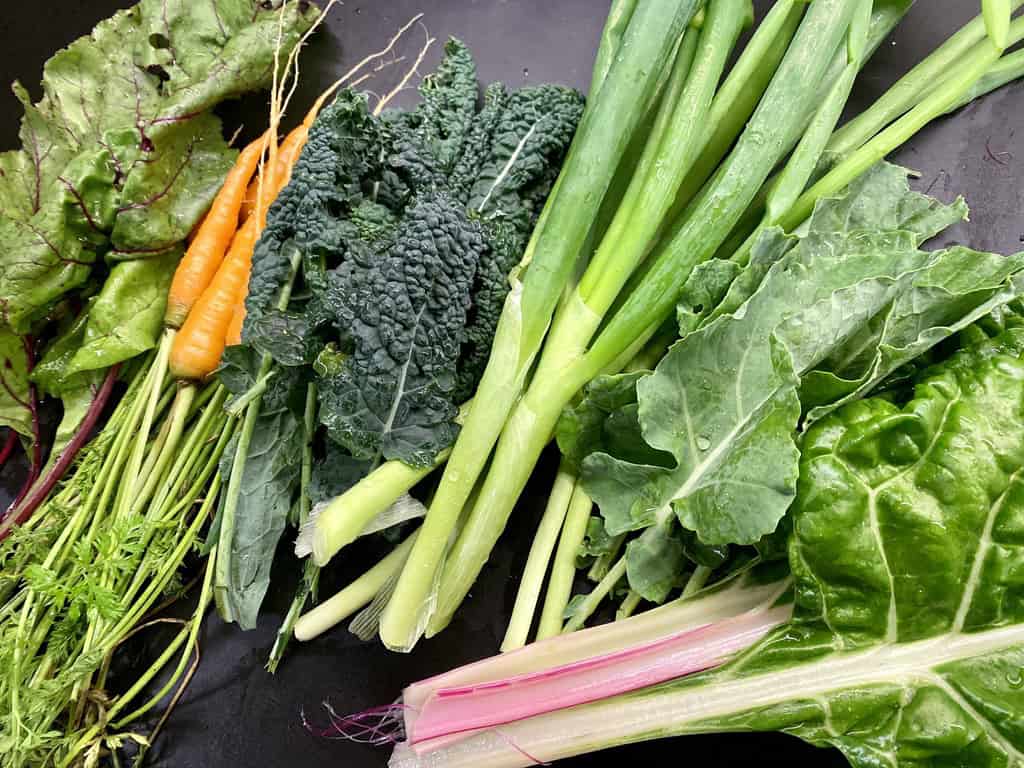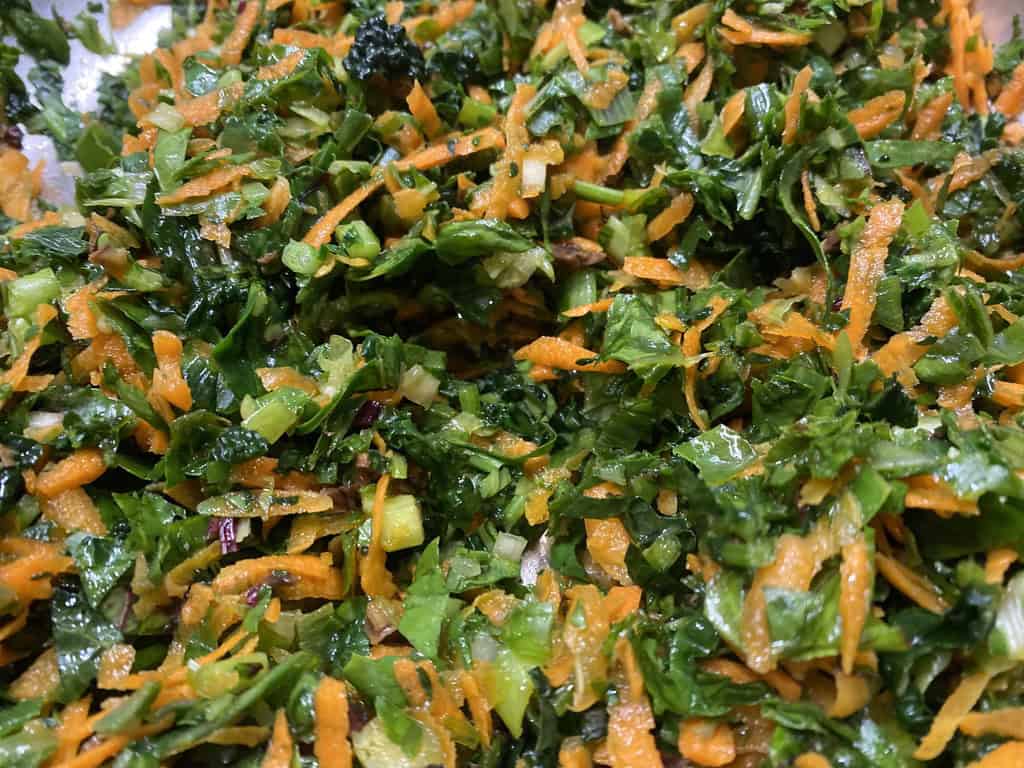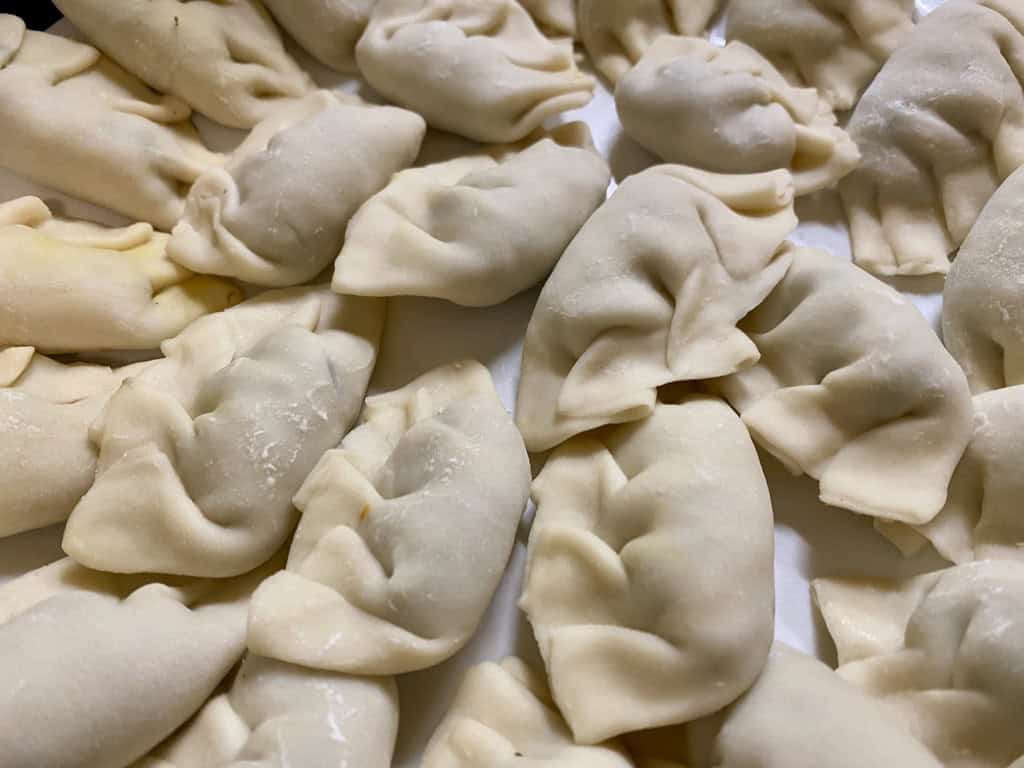January 9
Comfort food
For two years we’ve been anxious, vigilant, put dreams on hold, and have made sacrifices for each other to stay safe. But, despite everything we did, this weekend, both my precious boys tested positive for Covid. As I waited fearfully and helplessly while they struggled with high fevers, I did what women throughout the centuries and across nations, from Italy, to Ukraine, to China, Japan and Korea, have done when they’ve been coping with grief and trying to provide comfort to their families – I made dumplings.
Gyoza to be more precise.
I chopped, I kneaded, I wept … and with each turn of the dough and fall of the knife, I strengthened my resolve to do everything in my power, each and every day, to restore planetary health for these beautiful young people who’ve already had so much stolen from both their present and their future.
Throughout Lockdown we ordered packets of Gyoza as treats and as comforts. The very act, however, diminished our boys’ future as we allowed global trade to take away from local producers, as we supported pointless food miles, and as we threw more plastic wrapping into the bin for our ‘convenience’.

So, today, I sourced all Blackheath-grown ingredients – scallions, garlic, carrots, kale, beetroot greens, broccoli leaves, silverbeet and some saffron milk cap mushrooms I dried last year – and made gyoza completely from scratch.


It was therapeutic, delicious, and made enough to freeze for another meal.
It also took pressure off a system that’s struggling with supply chain issues while so many people are getting sick.
Zoonotic Diseases
While no-one knows for sure, it is assumed Covid is a zoonotic disease. That is, a disease that jumps from animals—wild or domestic—to humans. According to the UN Environment Program, sixty per cent of known infectious diseases and 75 per cent of emerging infectious diseases are zoonotic:
“Growth in humanity and its activity is largely to blame. Meat production has increased by 260 per cent in 50 years. We have intensified agriculture, expanded infrastructure and extracted resources at the expense of our wild spaces. Dams, irrigation and factory farms are linked to 25 per cent of infectious diseases in humans. Travel, transport and food supply chains have erased borders and distances. Climate change has contributed to the spread of pathogens.
The end result is that people and animals, with the diseases they carry, are closer than ever.”
Tonight’s dinner was locally sourced and vegan. It gave some comfort.
Recipe
The gyoza recipe I adapted can be found here
6 Comments
Carlab · 11/01/2022 at 7:22 am
Took advantage of the cooler weather to rearrange my home office for more natural light and better airflow around my desk 😊 Today I might make potstickers! Hope the boys are on the road to recovery Lis xxx
Lis Bastian · 11/01/2022 at 12:12 pm
Fabulous – great idea! Enjoy the potstickers and thank you Carla … the boys are improving daily!
Jan Koperberg · 10/01/2022 at 7:26 am
My thoughts are with you Lis. I hope your precious boys are well again soon.
Lis Bastian · 10/01/2022 at 7:11 pm
Thank you so much Jan xxx
Juliet Macken · 10/01/2022 at 12:42 am
Hi, I love the ‘dumplings’ post.
My name is Juliet, our Family is from the mid-mountains. Is this where I register or write our action for the day, to help Planetary Health?
Tomorrow, we will buy all our fruit and veggies locally. And make dinner from them, and our garden edibles.
Lis Bastian · 10/01/2022 at 7:12 pm
Yay … welcome on board Juliet … hope you’re starting to feel better! xxx